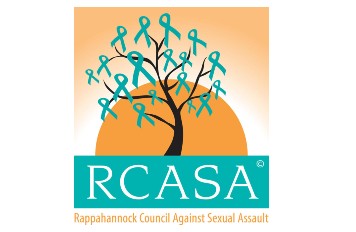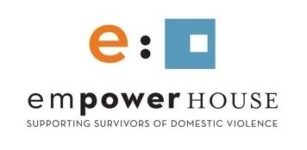Everybody deals with traumatic events differently, but for many people it is helpful to talk about the experience with someone else. Now, or at some point in your healing process, you may consider sharing your emotions, experience, and perspectives with someone that you trust. If you are having unhealthy or alarming feelings, it is important that you reach out to a trained mental health professional to help process these feelings.
I’m depressed or I’ve thought about hurting myself…
The Talley Center for Counseling Services can provide counseling and support for people experiencing depression and suicidal ideation. If the situation is an emergency and requires immediate assistance, UMW Campus Police can respond to the scene – call (540) 654-4444. For the National Suicide Prevention Lifeline – call 1-800-273-8255.
I want to talk to the Director, Center for Prevention and Education
The Director, located within the Center for Prevention and Education (CPE), is a great place to start when you need more information. The director can offer information about your rights and options for services both on and off campus. They will provide support as you decide your next step. At your direction, the director can connect you with services with law enforcement, medical professionals, or the Title IX Coordinator. The director is a responsible employee, which results in a report/communication to the Title IX Coordinator about any disclosures. To schedule a meeting, please call (540-654-1193) or email (mmille23@umw.edu).
I want to talk to a counselor at the Talley Center…
Members of the Talley Center staff are able to assist you with any mental health issues that you might be experiencing. Counselors are available Monday through Friday from 8 am to 5 pm at (540) 654-1053. If you call after hours, you can leave a confidential voicemail and the office will reach out to you the next business day. A professional trained in crisis response can be reached any time after 5 pm or on the weekends by calling University Police at (540)654-1025. Both individual counseling and specific support groups are available to support the needs of survivors. Talley Center counselors maintain full confidentiality, as allowed by law.
I want to talk to my professor or other UMW staff member…
Most faculty and staff, including campus police, are“responsible employees,”which means they must report the incident to UMW’s Title IX Coordinator. You can still talk to them, and they are eager to help you. Just be aware that they are legally required to report incidents of sex and gender-based violence, stalking, and harassment. Be mindful that other people may overhear your conversation if you talk to a“responsible employee” faculty or staff member because most of those settings are not designed with privacy in mind. For example, if you talk to a faculty member during office hours with the door open, a student in the hall may hear.
You may want to communicate with the professor or staff member ahead of time to ensure privacy and plenty of time to talk. Although all faculty and staff complete a mandatory Title IX training, most “responsible employees” do not have expertise in sex and gender-based violence and they may inadvertently say something that is not supportive. They might be surprised, or unsure of how to help. Consider bringing this resource guide to help guide the conversation, or follow up with a confidential resource, like the Talley Center or Student Health Center, or professionals who have completed training specific to helping people impacted by gender-based violence, like members of the Office of Title IX.
I want to talk to someone off campus…
If you are a victim/survivor of domestic violence, Empowerhouse provides a 24-hour hotline (540) 373-9373 where advocates are available to listen, and help you plan for safety and assess your situation for risk. Advocates can also accompany you to court or the hospital, talk about shelter options, or connect you with a support group. All services are FREE and confidential. Don’t have a car? Let the hotline advocates know and they will arrange options that may work for you.
If you are a victim/survivor of sexual assault, Rappahannock Council Against Sexual Assault (RCASA) provides a 24-hour crisis hotline (540)371-1666 through which you can gain support, ask questions, and find out what your options are. If you choose to go to the hospital or to court, an RCASA advocate can accompany and support you through the process. RCASA also offers individual counseling as well as group support. All services are free and confidential. You may also request an appointment online: https://www.rcasa.org/request-appointment
| Who is a responsible employee? |
| Who is a confidential employee? |
What can Empowerhouse offer?
What can RCASA offer?

- 24-hour hotline: (540) 371-1666
- Individual and Group Counseling
- Pyschoeducational Groups
- Case Management
- Hospital and Court Accompaniment
- Latinx Services
- LGBTQI+ friendly services
Visit: https://www.rcasa.org/
What other options are available?
The Rappahannock Community Services Board (RACSB) provides a variety of counseling services. You can explore their resources at this link.
You may have a mental health professional at home that you feel more comfortable talking with – remember that, if you are still on your parent’s insurance they may be notified of the appointment.
If you have a strong relationship with a member of the clergy, you may prefer to talk to them. If you need help connecting with local clergy, contact the Mental Health Coordinator at the Talley Center.


